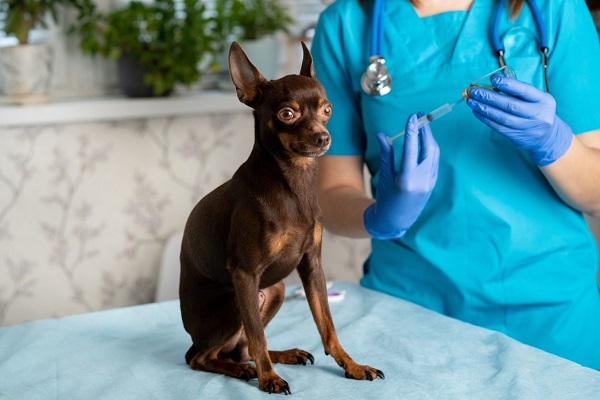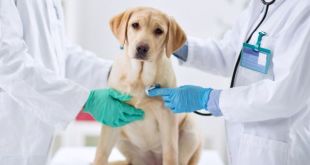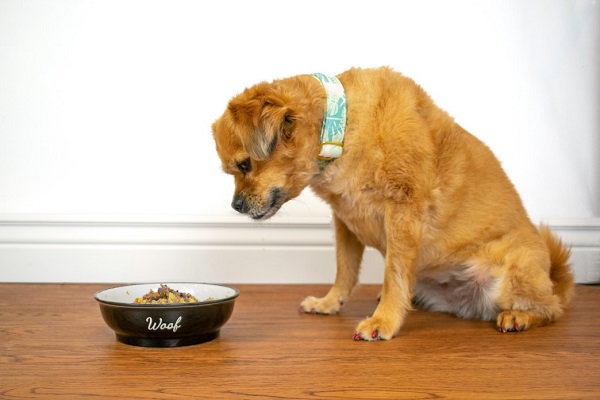You must be a dog lover or dog owner. Else, you would not have been visiting this page. Be assured that after going through this page, you will gather valuable information on the what-why-where-when-how about dog vaccination.
A dog in a house needs to be treated with no less care than any human being in that house. As human beings need vaccinations from an early age to lead a healthy life, the pet of your house needs vaccinations. The properly scheduled vaccinations not only ensure a healthy life for the pet, but they guarantee a stress-free life for the pet’s owner as well.
You should not schedule the vaccines of your dog on your own or after going through any website. As humans, kids’ vaccinations are advised only by pediatricians. Therefore, the veterinary doctor should be the final person to recommend the proper vaccine schedule for your dog.
If you own a dog, you should never miss taking your pet to the vet at least once a year for a general check-up. As soon as you bring a dog to your house, you should consult a veterinary doctor first. Learn about the schedule of dog vaccination.
Reason for vaccinating your dog
You may be wondering why it is so important to vaccinate a dog. It is significant since the vaccines prevent many diseases from affecting your dog’s life. The vaccines expose the dogs to many disease-carrying modified or inactive microorganisms. These microorganisms, in turn, act as shields against the diseases for the pet dog.
The immune system of the dog creates a solid defense against any exposure in the future to these questioned diseases. Thus, vaccinations help in improving the life expectancy of your dog. They also ensure that the dog in your house doesn’t contact any disease that can be contagious to other members of the family as well.
However, everyone should understand that the function of vaccination is solely to prevent disease. The vaccination is not for the treatment of dogs when they are sick.
Schedule of dog vaccination
Categories of dog vaccines
There are two types or categories of dog vaccines:
- Core or essential vaccines
- Noncore or optional vaccines
Core or essential vaccines for dogs
The core vaccines should be administered to every pet dog or puppy without a miss. These essential vaccines prevent the dogs from adenovirus, distemper virus, parvovirus, and hepatitis.
The dogs’ core vaccines include:
- Rabies
- Canine Adenovirus Type 2 (CAV-2) – hepatitis of infectious type
- Canine Parvovirus (parvo or CPV)
- Canine Distemper Virus (CFV)
Let’s discuss each of them further.
Rabies vaccination
Rabies in dogs has no treatment available. The only policy to counter this disease is ‘Prevention is better than cure.’ Hence, rabies vaccination is mandatory for every dog.
At nearly three and half months of age, the puppies should be administered with the initial shots of rabies without failure. When the dogs turn one year old, they should again be given rabies shots. Then after every three years, the dogs should have this vaccine as per the advice from vets.
DAP vaccine (Adenovirus Type 2, Parvovirus, Distemper)
Dogs should be given the DAP combo shot to immunize them against life-threatening diseases like canine adenovirus type 2, canine parvovirus, and canine distemper virus. If you opt for treatment without going for this vaccination, you may badly risk your pet’s life.
Let’s check how deadly these three diseases are:
- Adenovirus Type 2: This disease can fatally affect your pet’s liver. It can also result in the fatal form of kennel cough.
- Parvovirus: This disease can cause in your dog severe infections such as bone marrow suppression, diarrhea, vomiting. It can even lead to heart failure. If contact with this disease, your dog may die unless they receive some emergency treatment.
- Distemper: A dog’s nervous system, gastrointestinal system, and respiratory system can be severely affected by this disease. It can damage its skin as well. The symptoms of this disease include labored breathing, loss of appetite, seizures, nose, and footpads developing a thick skin, paralysis, diarrhea, vomiting, runny nose, runny eyes, lethargy.
So, you see how dangerous these diseases are. If you want to save your dog from these harassments, don’t miss your vet’s recommendation regarding the requirement of your dog to be administered with the DAP combo shot.
Canine coronavirus
The gastrointestinal and respiratory systems can get infected if your dog gets hit by the canine coronavirus. But please don’t confuse the canine coronavirus with COVID-19 in human beings. Consult your vet for the appropriate vaccination to safeguard your pet from this disease.
Noncore or optional vaccines for dogs
Some of the common non-core or optional vaccines for dogs are:
- Canine Parainfluenza Virus (CPIV)
- Bordetella Bronchiseptica
- Borrelia Burgdorferi – canine Lyme disease
- Leptospira
- Canine Influenza Virus-H3N8 (CIV or dog flu)
- Canine Influenza Virus-H3N2 (CIV or dog flu)
Your veterinary doctor will be the best person to recommend the appropriate non-core vaccination based on your pet’s age, lifestyle, geographic location, and health. The vets generally prescribe Bordetella vaccine once or twice a year to protect the dogs from kennel cough. This vaccine is for those dogs that spend lots of time at pet boarding facilities, doggie day-care, or with many other dogs.
Effectiveness periods of dog vaccines
Following is a list of effectiveness periods of dog vaccines:
- Rabies: 3 years
- DHPP: 1 year
- Canine Influenza: 1 year
- Leptospirosis: 1 year
- Bordetella (Kennel Cough): 6 months
- Lyme Disease: 1 year
The vets generally give boosters to adult dogs at an interval of 1 to 3 years. The interval depends on the type of vaccine and risk factors of the dogs.
Side effects of dog vaccines
In general, there are no side effects of dog vaccines. Around the site where the injection is given, there can be a bit of swelling only. If you follow the vet’s advice for your pet before and after the vaccination, there are minimal chances of your pet suffering from any harm.
Getting rid of worms of dogs without vaccines
Sadly, there are no vaccines available to get rid of the worms in young puppies and adult dogs. The worms are available in the intestines and stomachs of dogs. Even intestinal parasites are common in dogs. To avoid these, deworming with orally administered dewormers every two weeks, starting at three weeks of age, will work as a good solution.
The heartworms that take shelter in the dog’s pulmonary arteries can be deadly by blocking the lungs and injuring organs. Vaccines are not available to get rid of them. However, your veterinary doctor can prescribe regular medication to prevent heartworms.
 DogExpress
DogExpress


















 in Chandigarh, India.
in Chandigarh, India. 

